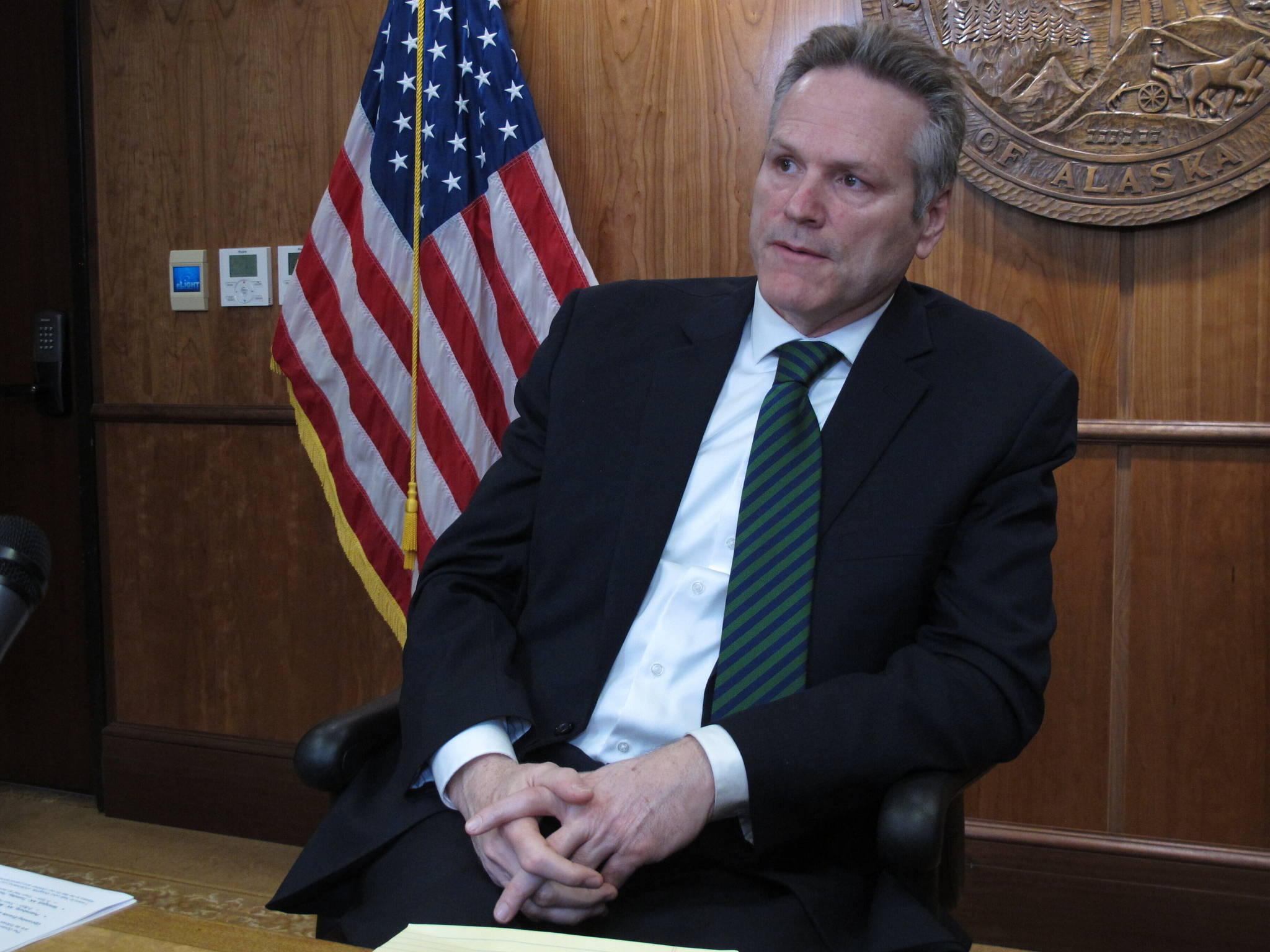The governor says he “has been actively seeking new revenue sources to diversify our economy.” He has been on the job almost 15 months and was a senator for five years before that, four of which as a member of the Senate Finance Committee.
He has been in a leadership role in state government long enough to earn a master’s degree in economics.
And yet the best new revenue source he and his team have been able to come up with so far is a state lottery, maybe expanding to sports betting.
I’m taking 6-to-1 odds the Legislature says no.
Even if every Alaskan 18 and older burned up an average $250 a year on lottery tickets (instant winners and drawings), the state’s take after expenses and prizes wouldn’t cover much more than 2% of the irresponsible $1.5 billion state budget gap that Gov. Mike Dunleavy has created because he continues to insist on paying an unaffordable Permanent Fund dividend.
The governor’s team says the state take could be much higher if the program is expanded from scratch-and-weep instant tickets and video lotteries to allow betting on sporting events. Maybe the state could take bets on whether Pete Rose ever makes it into the Hall of Fame after he was banished from baseball for betting on games.
Or, better yet, make it more Alaskan. Take bets on the price of oil. Make book on Iditarod finishers. If you really want to double down on your Alaska gamble, the state could give odds on the amount of the annual Alaska Permanent Fund dividend.
Bad bets aside, state-sanctioned gaming is a diversionary tactic, much like the shell game run by magicians who hope to trick you into taking your eye off the ball.
Rather than propose a meaningful new revenue source, something that could help before Alaska’s economy breaks an axle on one of the roadway potholes left behind by budget cuts, the governor deals the cards for gambling.
Don’t bother arguing that state-led lotteries and sports betting could take away revenue from nonprofits that rely on pull-tabs and raffles to raise the money they need to fill gaps in community services.
And don’t get into the morality debate of how government-led addictive gambling merely takes more from people least able to afford the loss but who see a lottery ticket as a plausible hope in life.
The governor’s justification doesn’t talk about any of that. All he said is that it’s all about “new revenue sources to diversify our economy.” How is a lottery or sports betting diversification if it’s mostly Alaskans taking money out of their pocket to play the game? That’s old money already in the state, not new money. The only diversification is that it diverts attention from a bigger problem — the budget.
To sell his proposal, the governor pitches gaming as something virtuous, pledging that millions would go to “public health and welfare needs of our citizens,” such as education, domestic violence, substance abuse, foster care and senior services.
Isn’t that what taxes do?
If all those services are so important, and if the governor recognizes their importance, why the need to stuff the pill into a chunk of apple pie to make it go down easier.
Now that the governor has acknowledged Alaska needs new revenues to pay for important services, he should stop trying to bluff his way to a winning political hand. Raising money from people to pay for services is a tax. Calling it anything else is a sleight of hand.
Promoting it as harmless entertainment and the American dream of holding the winning ticket merely perpetuates the Alaska myth: Public services are magic — they just appear and no one has to pay.
Our elected leaders need to talk truthfully about taxes. We’re adults. Presenting a lottery and video games as the first answer treats us as gullible gamblers.
Larry Persily is a longtime Alaska journalist, with breaks for federal, state and municipal service in oil and gas and taxes, including deputy commissioner at the Alaska Department of Revenue 1999-2003.
• Larry Persily is a longtime Alaska journalist, with breaks for federal, state and municipal service in oil and gas and taxes, including deputy commissioner at the Alaska Department of Revenue 1999-2003.

